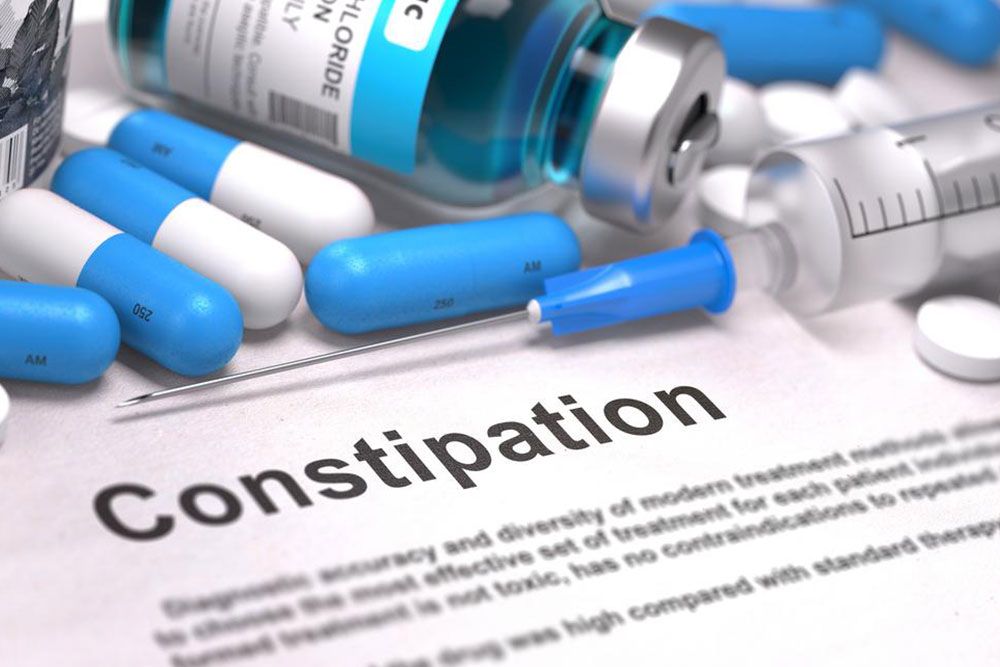Common causes and treatment of constipation

Constipation occurs when you face difficulty with bowel movements. Under constipation, your bowel movements are tough and happen less frequently. It is not a serious medical condition, but can make you feel uncomfortable during the course of the day.
Why you need to address the problem
Apart from the discomfort associated with constipation, there are other problems that you’ll face. If you’re unable to pass stool for more than two days or you’re passing only a small amount of stool, it’s a matter of concern.
Your stomach will always feel heavy and bloated. You might also see blood when you try too hard to pass stool. Your entire digestive system will get affected and you won’t feel like eating too.
Causes
There are many causes of constipation. Knowing the causes makes the treatment easy. Some common causes of constipation are:
1. If you change your diet suddenly. If you suddenly start eating less or eating irregularly, constipation will set in. Make sure the fiber content in your diet is high. This ensures a smooth bowel movement.
2. If you change your daily activity schedule. Suppose, your body is used to a lot of physical work and you suddenly put an end to it. The reverse is also true. In other words, a sudden change in your normal activities and work schedule will upset your metabolism.
3. A person having irritable bowel syndrome is likely to suffer from constipation. It’s a condition associated with frequent and unexpected changes in bowel movements.
4. High consumption of dairy products, laxatives, or pain-killers, influences your metabolism in many.
5. Medical conditions such as stress, thyroid, pregnancy, or neurological disorders are the other causes of constipation.
Treatment for constipation
Bloating or swelling of stomach and an urge to throw up are common symptoms associated with severe constipation. A more obvious sign is the inability to pass stool for over two days. You can follow the given steps to reduce these symptoms:
– Drink lot of water during the day
– Drink a glass of warm water or green tea in the morning
– Eat fruits and vegetables as they are rich in fiber like spinach, broccoli, lentils, peas, etc.
– You can take laxatives but avoid taking more than once a week
If nothing of this helps and when you experience severe stomach pain, call a doctor. The problem will aggravate if you exert pressure to pass stool. You will notice blood and feel dry pain in the anus. It is important to avail treatment at the earliest to avoid any serious health problems later.



